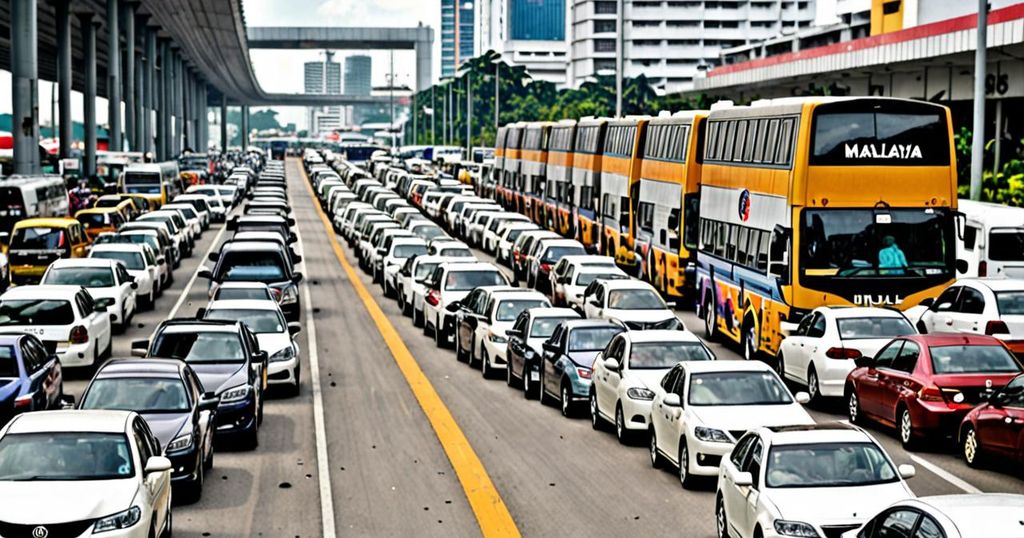In an effort to address the burgeoning diesel subsidy bill and prevent leakages from diesel smuggling, Malaysia has made the decision to remove subsidies on diesel. This policy, which took effect in Peninsular Malaysia on June 1, 2024, resulted in a 56% increase in diesel prices. While this move was necessary from an economic standpoint, it has also led to various challenges and repercussions for citizens and businesses alike.
Government officials have highlighted that the removal of diesel subsidies would lead to savings of RM4.5 million per day. However, it is crucial to acknowledge that the brunt of the subsidy removal is being felt by the average citizen and small business owners. Diesel prices have surged, leading to inflation across various sectors of the economy. Additionally, individuals and businesses that are not eligible for targeted subsidies are facing significant cost burdens.
While the government has implemented measures to support low-income families and certain commercial vehicle owners through targeted subsidies, the broader impact of these changes cannot be overlooked. Individuals and businesses across various sectors, such as transportation, food supply, and fishing, are feeling the effects of the subsidy rationalization. These repercussions highlight the complications that arise when policy decisions are translated into real-world consequences.
The economic fallout from the removal of diesel subsidies underscores the need for a comprehensive and inclusive approach to policy implementation. As the government continues to navigate these changes, it is imperative to ensure that adequate support systems are in place for those who are bearing the brunt of these policy shifts. While measures such as social assistance and targeted subsidies are steps in the right direction, there is still a pressing need to address the broader economic impact on citizens and businesses.
As the country grapples with these changes, it is essential for policymakers to listen to the concerns and challenges faced by individuals and businesses on the ground. The economic struggles brought about by the removal of diesel subsidies serve as a reminder of the complex interplay between policy decisions and their real-world ramifications. Moving forward, it is crucial for the government to strike a balance between economic reform and safeguarding the well-being of its citizens and businesses.
In conclusion, the decision to remove diesel subsidies in Malaysia has initiated a wave of economic challenges and repercussions. As the country navigates this transition, it is imperative for policymakers to take into account the broader impact on citizens and businesses. While economic reform is necessary, it is equally important to ensure that measures are in place to support those who are most affected by these changes. By acknowledging and addressing these challenges, Malaysia can work towards a more inclusive and sustainable economic framework for the future.

Leave a Reply